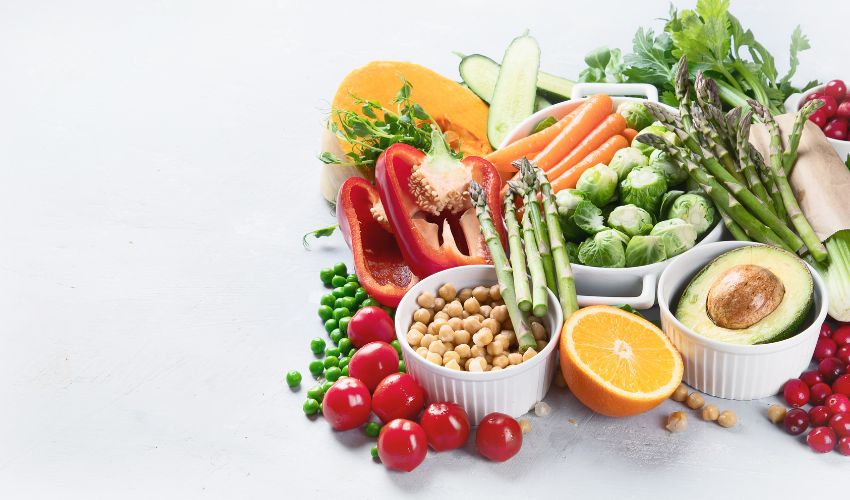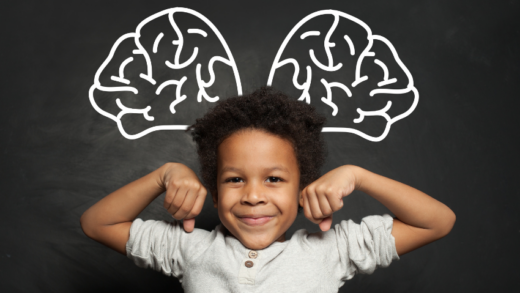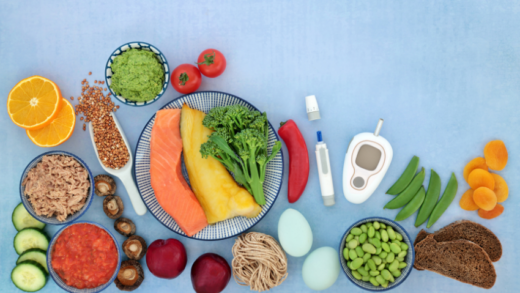The vegan diet has been growing in popularity in recent years, with more people than ever before adopting a plant-based lifestyle. While some choose to go vegan for ethical reasons, others do it for health reasons or to reduce their environmental impact. But what are the benefits and drawbacks of a vegan diet? In this article, we’ll explore both sides of the vegan lifestyle to help you make an informed decision.
The Benefits of a Vegan Diet
- Lower Risk of Chronic Diseases: A vegan diet is high in fiber, antioxidants, and phytochemicals, which can lower your risk of chronic diseases such as heart disease, diabetes, and cancer.
- Improved Digestive Health: Vegan diets are rich in fiber, which can promote healthy digestion and prevent constipation.
- Weight Loss: Studies have shown that vegans tend to have lower body mass indexes (BMIs) than meat-eaters, which can reduce the risk of obesity-related diseases.
- Environmental Sustainability: Vegan diets have a lower environmental impact, as animal agriculture is a major contributor to greenhouse gas emissions and deforestation.
- Ethical Considerations: For those who choose veganism for ethical reasons, the benefits are clear: reducing animal suffering and exploitation.
- Nutrient Deficiencies: Vegans may be at risk for nutrient deficiencies, particularly for vitamin B12, iron, calcium, and omega-3 fatty acids. These nutrients can be found in animal products, so it’s important for vegans to supplement or include fortified foods in their diet.
- Social Challenges: Veganism can be challenging in social situations, as many restaurants and social events are geared towards meat-eaters. This can make it difficult to find suitable options and can lead to feelings of isolation.
- Cost: Vegan diets can be more expensive, as plant-based alternatives to meat and dairy can be pricier than their animal-based counterparts.
- Limited Food Choices: Vegans may feel limited in their food choices, particularly when dining out or traveling to areas with fewer vegan options.
- Cooking and Meal Planning: Adopting a vegan diet can require more planning and preparation in terms of cooking and meal planning, as many traditional recipes and meal options rely heavily on animal products.
Questions and Answers
Q: Can a vegan diet provide enough protein?
A: Yes, a vegan diet can provide enough protein through sources such as tofu, tempeh, legumes, nuts, and seeds.
Q: Is a vegan diet suitable for athletes?
A: Yes, a vegan diet can be suitable for athletes, but it may require more careful planning to ensure sufficient protein, iron, and other nutrients.
Q: Can a vegan diet be healthy for children?
A: Yes, a vegan diet can be healthy for children, but it may require more careful planning to ensure sufficient nutrients for growth and development.
Q: Is a vegan diet suitable for pregnant women?
A: Yes, a vegan diet can be suitable for pregnant women, but it may require more careful planning to ensure sufficient nutrients for the developing fetus.
Q: Can a vegan diet be sustainable in the long-term?
A: Yes, a vegan diet can be sustainable in the long-term, but it may require more careful planning to ensure sufficient nutrients and variety in the diet.
Conclusion
While a vegan diet can provide many benefits for both health and the environment, it’s important to be aware of the potential drawbacks as well. Nutrient deficiencies, social challenges, and cost can make veganism difficult for some, while others may find it to be a fulfilling and sustainable lifestyle choice. Ultimately, the decision to go vegan should be based on individual preferences, health considerations, and ethical beliefs. If you are considering adopting a vegan diet, be sure to consult with a healthcare professional to ensure you are meeting your nutritional needs. With careful planning and a varied diet, a vegan lifestyle can be a healthy and fulfilling choice.























